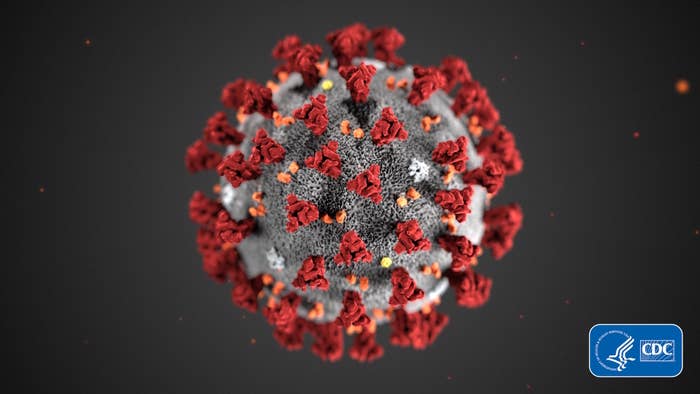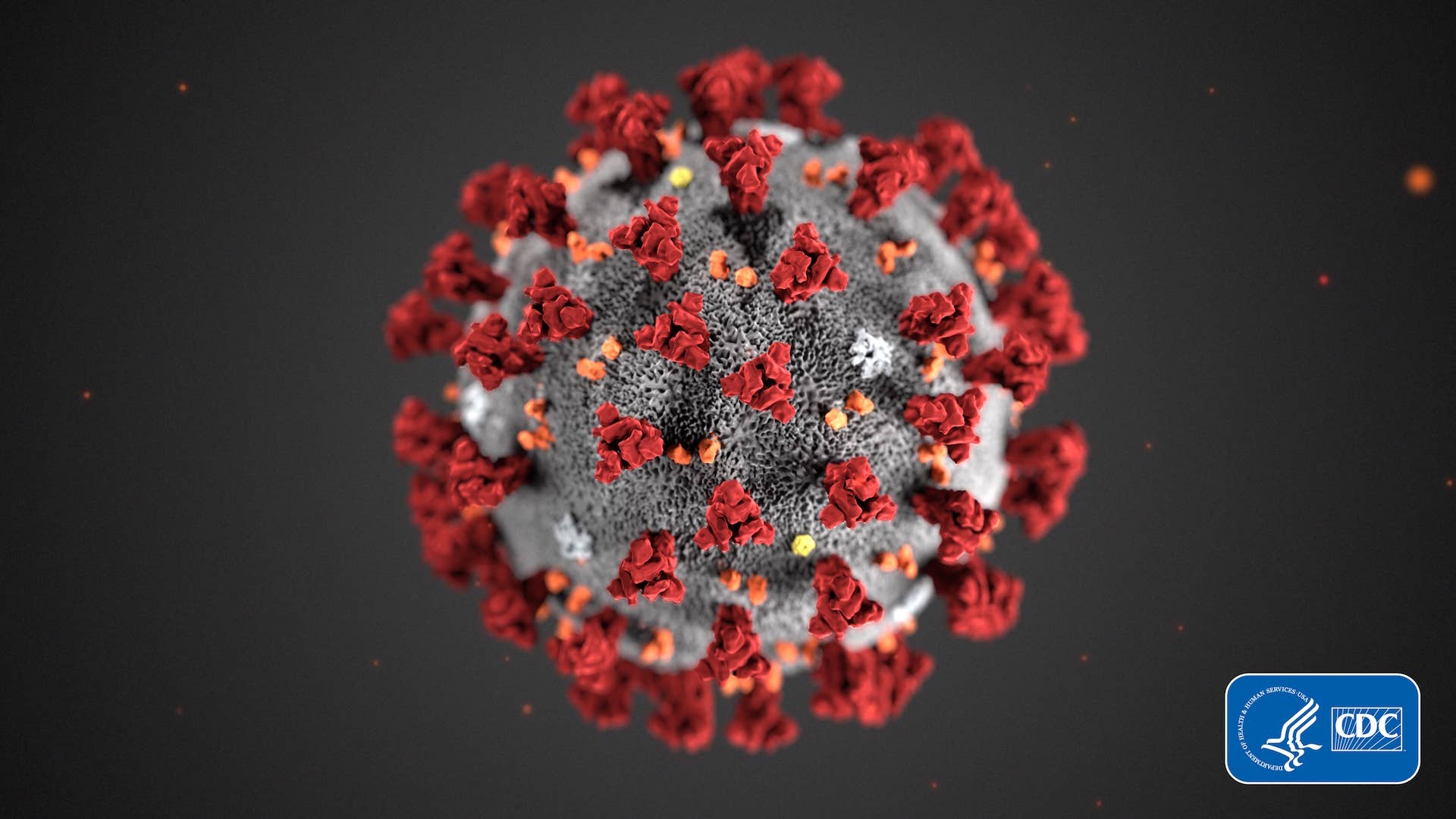
In a new study published in the journal Infection, Genetics and Evolution, scientists at University College London’s Genetics Institute suggest that the coronavirus began spreading between humans late last year.
The report, which studied over 7,500 samples from a global database of patients with SARS-CoV-2, discovered a common ancestor among a large proportion of the genetic makeup that caused COVID-19 in humans across the globe. These findings would indicate that transmission of the virus occurred at some point in late 2019, but also before it was identified. "It's very recent," Francois Balloux, genetics researcher of the UCL's Genetics Institute told CNN. "We are really, really, really confident that the host jump happened late last year."
"Phylogenetic estimates support that the COVID-2 pandemic started sometime around Oct. 6, 2019 to Dec. 11, 2019, which corresponds to the time of the host jump into humans," the report reads. The first reported case of coronavirus happened sometime in December 2019 after the existence of SARS-CoV-2 was discovered at the Wuhan Institute of Virology in China, hence, why it is called coronavirus disease 2019, or COVID-19.
However, these findings reveal that the virus’ ability to quickly spread from one human to another, which would then lead researchers to believe that people in Europe and the U.S. were being infected weeks or even months before their cases were first reported.
This study almost certainly confirms that the first reported case wasn’t far from when the virus made its jump from animal to human. However, this discovery would also eliminate any hope that humans early on built up some sort of immunity to the disease.
As of Wednesday evening, there are more than 3.8 million confirmed cases of coronavirus with over 264,000 deaths. Balloux estimates that 10 percent of the world population has been exposed to the virus.

